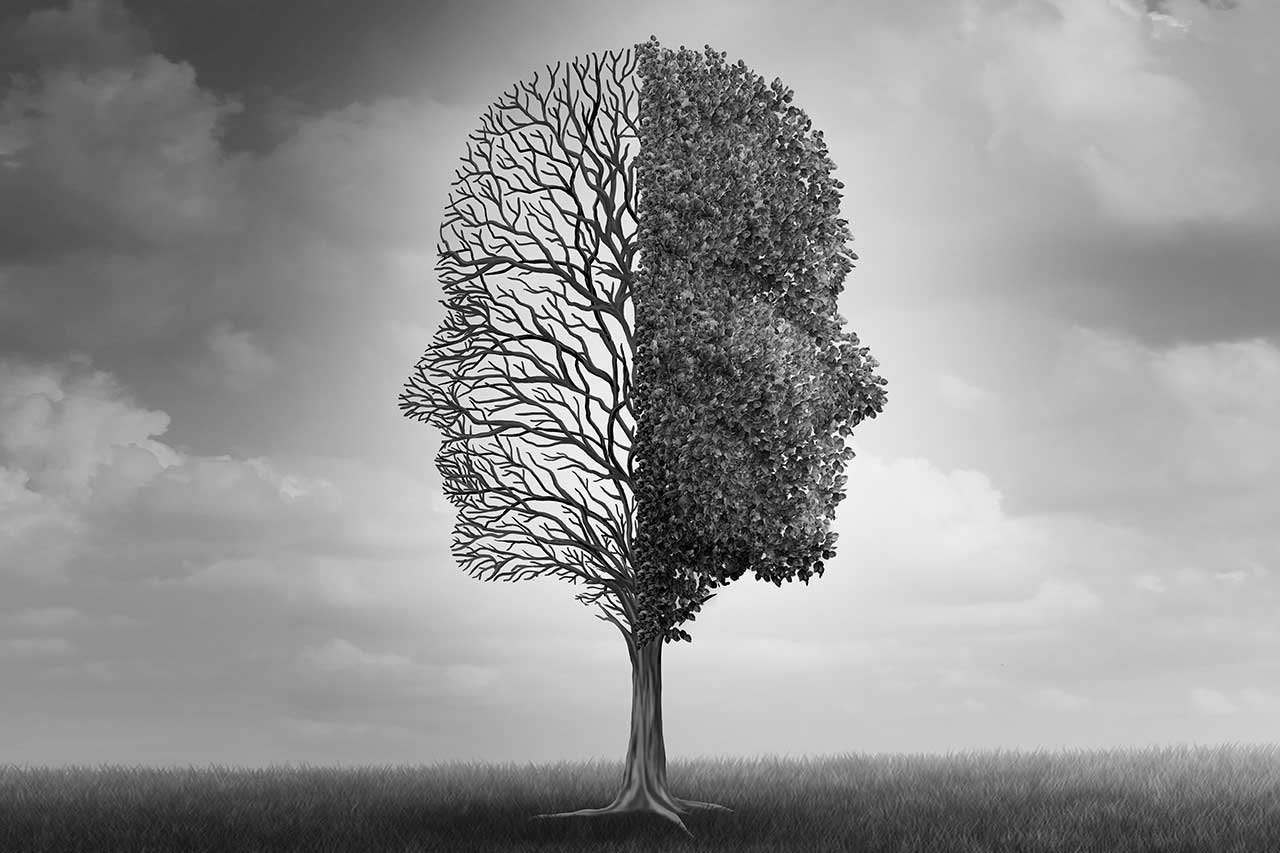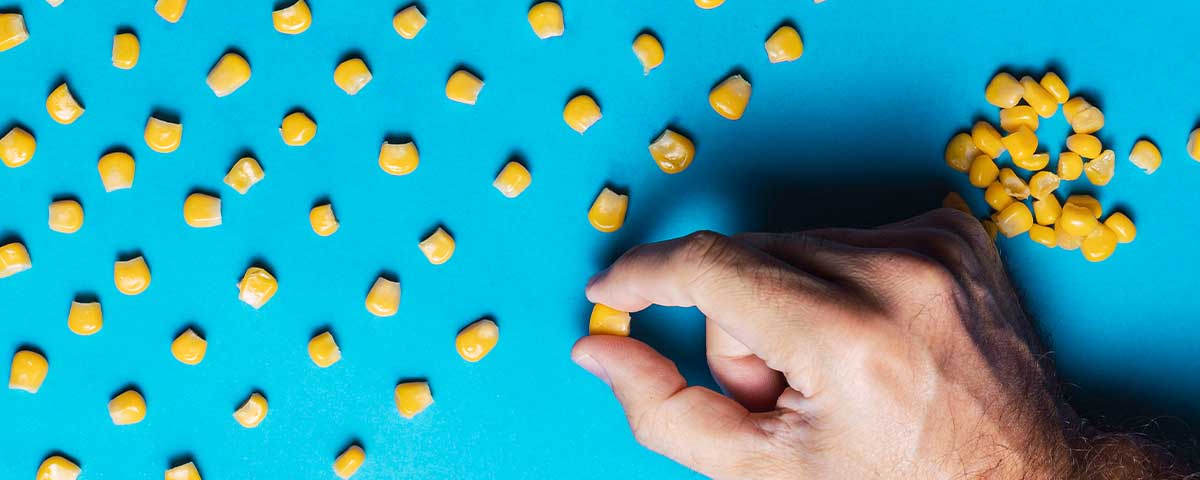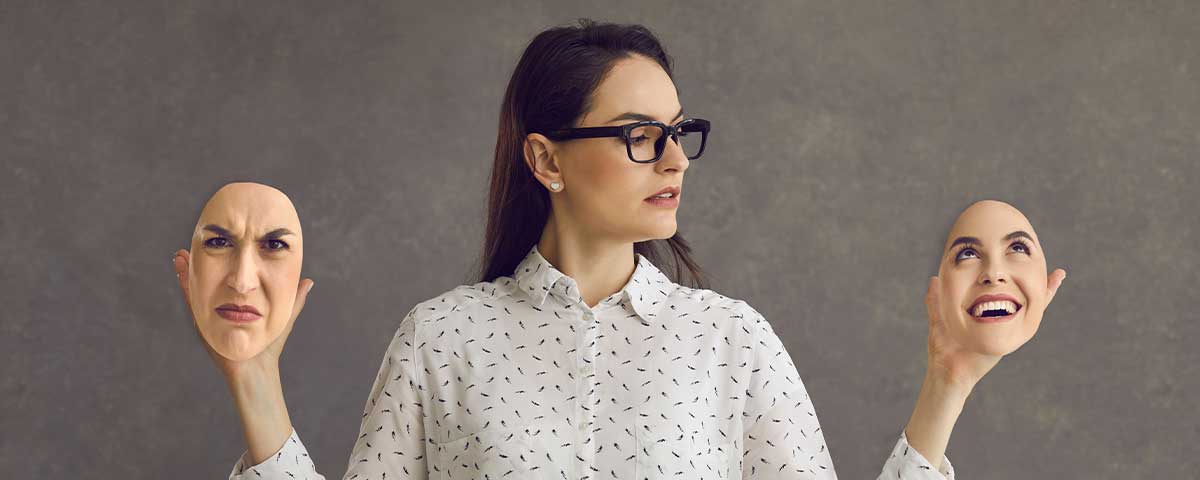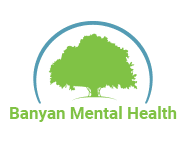


Major Depressive Disorder vs. Persistent Depressive Disorder
March 29, 2022

The Different Subtypes of OCD
April 20, 2022Unipolar Depression Vs Bipolar Depression


Depression is a complex condition. There are various kinds of depression, the most common being situational, in which a person goes through a depression episode due to a specific life experience. In contrast, unipolar depression, and bipolar disorder (or depression) are considered genetic, medical conditions that don’t have specific causes and can happen to anyone at any time. Today we wanted to offer a guide on unipolar depression vs. bipolar depression to break down common misconceptions and help those showing signs of these conditions find the appropriate care.
What Are Bipolar Disorder and Unipolar Depression?
Bipolar Disorder (Depression)
Previously known as manic depression, bipolar disorder is a mental health disorder marked by extreme fluctuations in mood ranging from manic highs to depressive lows. In people with bipolar disorder or depression, emotional highs are known as mania or hypomania, while emotional lows are referred to as depression. The cause of bipolar disorder is believed to be a combination of genetics, environment, and altered chemical structure in the brain.
Bipolar disorder symptoms fluctuate depending on the emotional episode the person is experiencing. For instance, common symptoms of mania in bipolar disorder include:
- Being abnormally upbeat
- Increased activity or energy
- Easily agitated or annoyed
- An exaggerated sense of well-being and self-confidence
- Unusual talkativeness
- Racing thoughts
- Decreased need for sleep
- Easily distracted
- Poor decision-making, such as going on shopping sprees or gambling large amounts of money
As you can see, manic episodes are marked by an increase in energy levels, while symptoms of depressive episodes in bipolar disorder include:
- Feelings of sadness, emptiness, hopelessness, or frequent crying
- Marked loss of interest or feeling no pleasure in almost all or all activities
- Significant, unintentional weight loss
- Either trouble sleeping or sleeping too much
- Either restlessness or slowed behavior
- Fatigue or loss of energy
- Feelings of worthlessness or excessive or inappropriate guilt
- Impaired concentration and decision making
- Suicidal thoughts, ideation, or attempts
There are various types of bipolar disorder, each of which varies in symptom occurrence and duration. The timing of symptoms may include mixed or rapid cycling, as well. While bipolar depression doesn’t have a cure, it can be treated and managed with the right help. Our mental health facility provides bipolar disorder treatment that could help you or a loved one recover and find your footing in recovery.
Unipolar Depression
Unipolar depression is another name for major depressive disorder. People with major depressive disorder may experience periods of remission between episodes of depression. Unipolar depression is one of the most common mental health disorders and is marked by symptoms like:
- Feelings of sadness, emptiness, or hopelessness
- Loss of pleasure or joy in activities
- Weight or appetite changes
- Fatigue or lack of energy
- Difficulties sleeping or sleeping too much
- Thoughts of death or suicide
- Difficulties concentrating and decision making
Major depression is known for severely impairing a person’s ability to work, go to school, socialize, and keep up with responsibilities at home. For these reasons, other symptoms of depression may include trouble getting or keeping a job, relationship problems, difficulties studying or performing at school, and difficulties with hygiene and self-care.
Fortunately, as with bipolar disorder, Banyan’s mental health program in Boca Raton also provides depression treatment. We incorporate evidence-based therapy methods like cognitive behavioral therapy (CBT) to help clients understand the source of their conditions and develop healthy coping strategies for their symptoms.
Bipolar Depression vs. Unipolar: How Are They Different?
Distinguishing bipolar from unipolar depression is important not only to break down misconceptions regarding both conditions but also to potentially help people experience symptoms of either better understand what they’re going through. A misdiagnosed mental disorder can lead to dangerous consequences, so it’s important to not only do your research but to seek out the help of a healthcare professional the moment you realize any symptoms.
With that said, comparisons of unipolar depression vs. bipolar depression have been studied for years. In the end, the main difference between unipolar depression and bipolar depression (disorder) is that unipolar depression does not include periods of abnormally elevated mood, while bipolar disorder/depression includes both depressive and manic moods.
Is Bipolar Depression Worse Than Unipolar Depression?
There’s no way to say which is worse than the other. Both major and bipolar depression is challenging to manage for various reasons. However, bipolar depression is more episodic than unipolar, which can be stressful on both the individual and the people around them.
Agitation and impulsivity, which are common behaviors in people with bipolar disorder, can add a level of stress that a person with depression may not experience. People with bipolar disorder may go on excessive shopping or gambling sprees during manic episodes or feel the need to take out a huge loan for a sudden business idea.
Help for Bipolar and Unipolar Depression
In the end, neither bipolar disorder nor unipolar depression is worse than the other. Both can be challenging conditions to manage without professional mental health treatment.
If you or someone you care about is showing signs of either condition, we offer a residential mental health program in Boca Raton, FL, that offers a safe and comfortable environment where patients can recover from their symptoms and learn how to properly manage them. By housing clients in this program, we remove them from the distractions of their everyday lives to get down to the source of their disorders and help them find peace and healing.
Lasting recovery is possible. Call Banyan Treatment Center today at 888-280-4763 to find out how we can get you there.
Related Reading:
What is the Difference Between Bipolar 1 and Bipolar 2?
Dating Someone with Bipolar Disorder
Famous People with Bipolar Disorder







